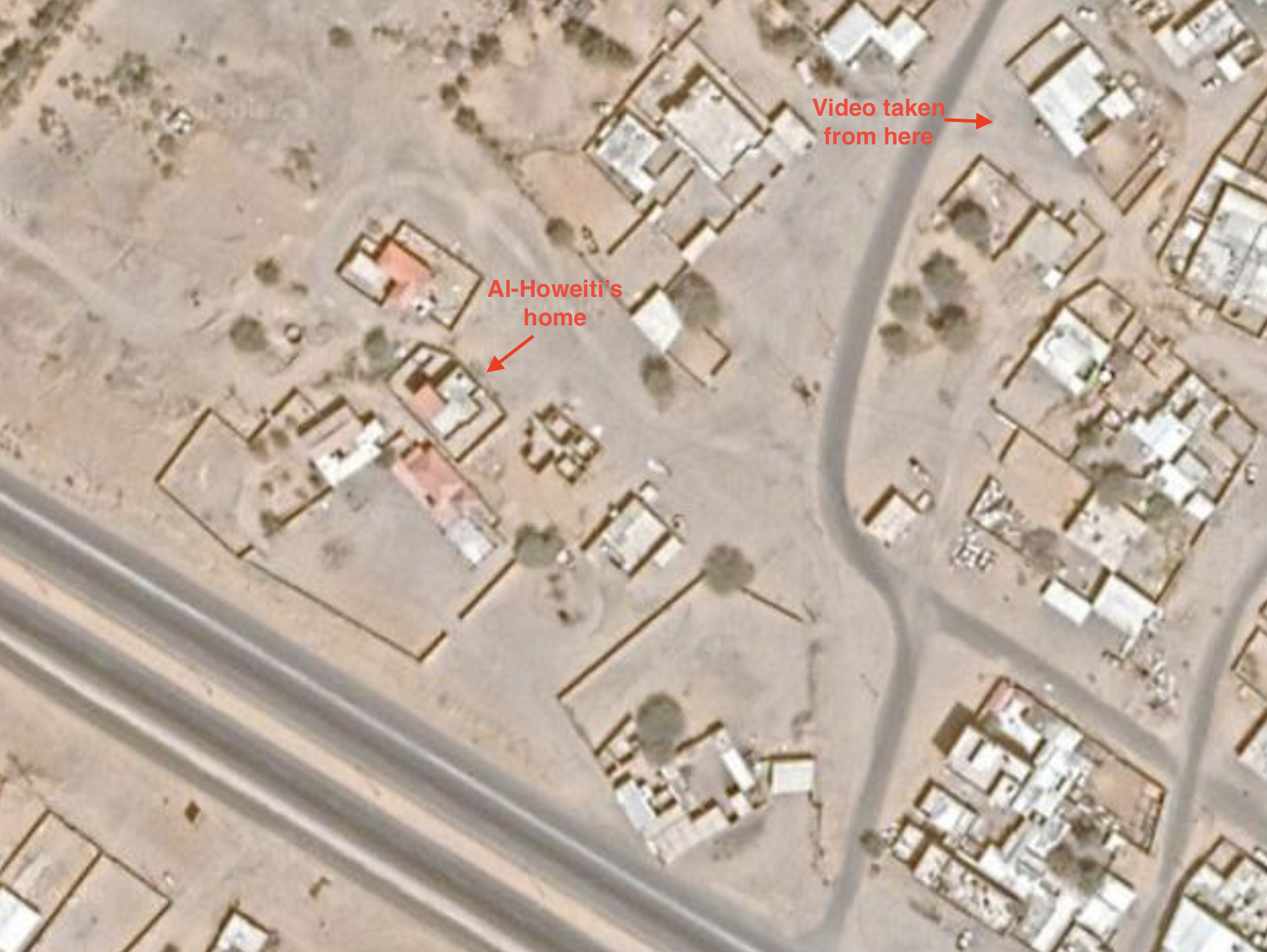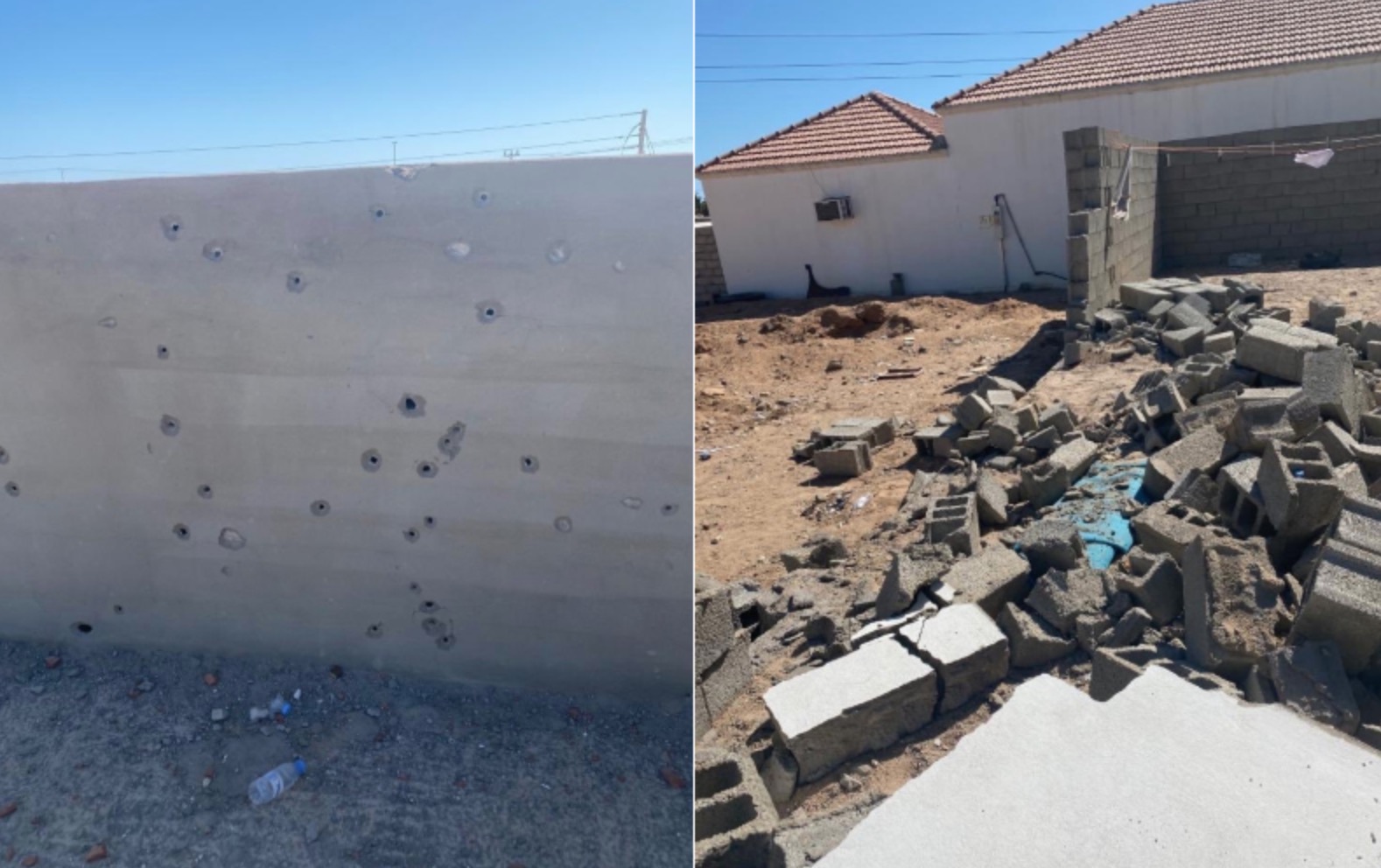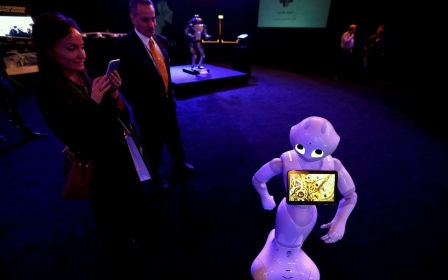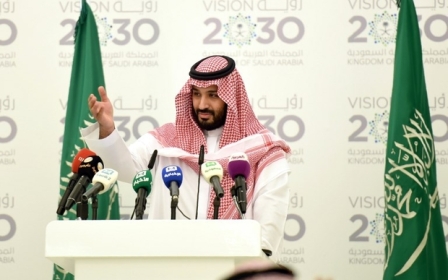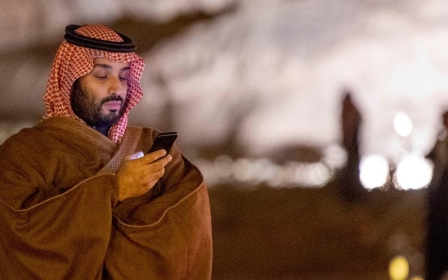Saudi activist's killing exposes local tensions over Neom construction
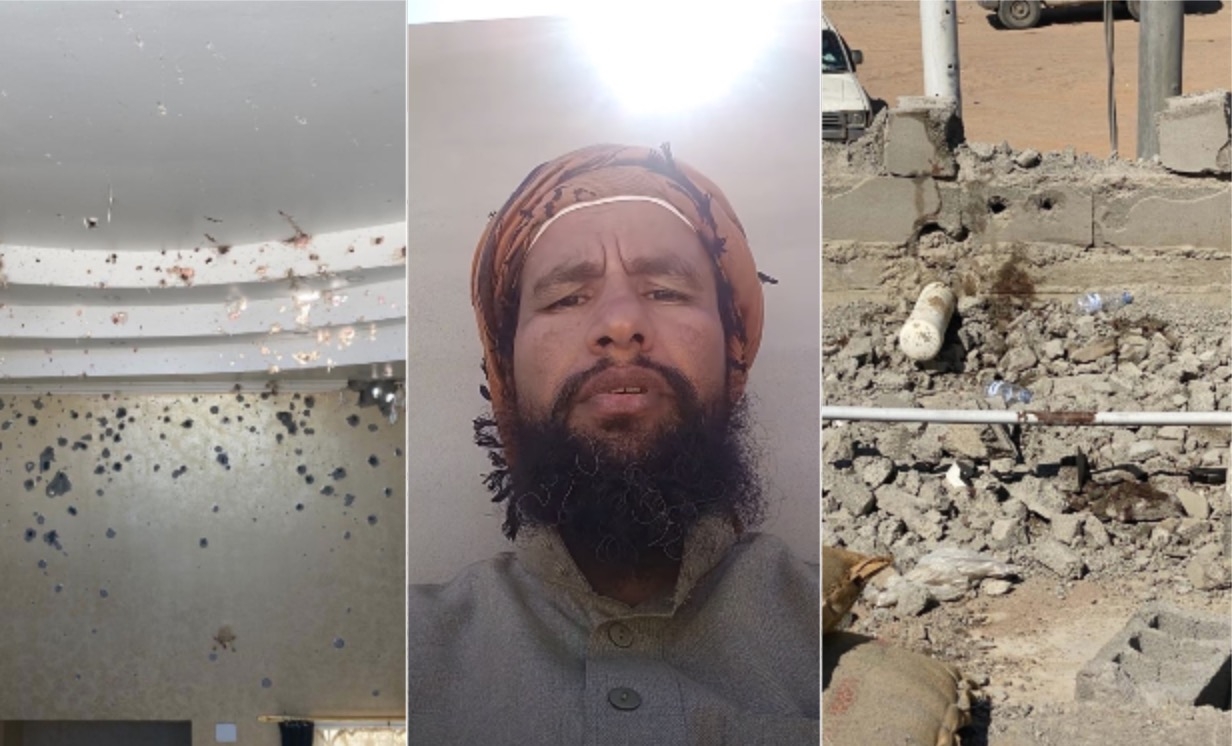
The shooting of a Saudi tribal activist protesting his eviction as part of the construction of Neom, a futuristic megacity, has increased local tensions over the project and further stoked grievances.
On Wednesday, Saudi authorities acknowledged security forces had shot Abdul-Rahim al-Howeiti dead in northwestern Al-Khuraybah. The statement also said that Howeiti had refused to surrender to security forces and had opened fire, losing his life in a subsequent gunfight.
However, footage purported to be from the incident and events leading up to it has circulated online in recent days - including testimony from Howeiti himself decrying the Neom project.
'I would not be surprised if they come and kill me in my home now like they do in Egypt, throw weapons in your home and call you a terrorist'
- Abdul-Rahim al-Howeiti
The futuristic city, which will cost billions of dollars, is due for completion in 2025 on the Red Sea coast in northwestern Tabuk province. The megacity, referred to as “the world’s most ambitious project” by Saudi officials, is slated to be 33 times the size of New York City.
According to social media posts and videos posted by Howeiti, the activist refused to leave his home, an area said to have been occupied by the Howeitat tribe for hundreds of years, when the incident took place.
Stay informed with MEE's newsletters
Sign up to get the latest alerts, insights and analysis, starting with Turkey Unpacked
The large tribe has a presence in southwest Jordan, Egypt's Sinai and northwestern Saudi Arabia.
In a video posted on social media, Howeiti appeared to document his final moments before he was shot, showing the area that his neighbours have been forcibly removed from.
Howeiti recorded footage from his roof, showing dozens of Saudi security forces, saying that “whoever refuses expulsion or signing, this is what they do to him”. One of the Saudi forces is heard replying to Howeiti: “No one is making you sign.”
In another video posted on social media, Howeiti's home appears to be shot at and gunshots can be heard as authorities are seen patrolling in the area.
Middle East Eye managed to geolocate Howeiti’s home and where a video of the shooting was taken from. However, MEE was not able to confirm when these events took place, and if the apparent shooting incident happened at the same time as Howeiti's remarks to the camera.
Howeiti regularly posted videos to his YouTube page, condemning the development project and the alleged forced displacement of residents.
In one of his most recent videos, posted on Saturday, Howeiti said that Crown Prince Mohammed bin Salman has already started the project, and people were being removed from the area.
'I am against the forced removal of people. I don’t want to leave, I want to stay in my home'
- Abdul-Rahim al-Howeiti
In the 12-minute video, Howeiti describes his feelings towards the displacement from the area, which he says is vast.
“People are being wiped out from their homes and people do not agree with what is happening at all. But the way in which the state has dealt with things can only be described as terrorism... state terrorism,” he said.
“I am against the forced removal of people. I don’t want to leave, I want to stay in my home. I do not want compensation, I don’t want anything. I only want my home.”
“The general feeling here is that people are opposed to it, and no amount of compensation will make up for that, even if you pay them 100 million riyals," he added.
"I would not be surprised if they come and kill me in my home now like they do in Egypt, throw weapons in your home and call you a terrorist... this is my home and I’ll protect it.”
The expulsion of people from their homes to make way for the new project has been largely absent from Saudi media. However, a statement by an alleged tribal leader was made in the pro-government newspaper Sabq, stating that Howeiti acted alone and does not represent the tribe.
According to the article, the tribal leader, identified as Sheikh Alyan Ayed al-Zumhri, assured that the tribe is loyal to the House of Saud and supports the Neom project, a centrepiece of Mohammed bin Salman's ambitious Vision 2030 economic plan.
Calls for the protection of residents' homes have been made for months, with people from the area expressing their opposition to the project and lamenting the lack of consultation with them.
'We will not leave'
In January, locals posted a video to YouTube, showing residents protesting the forced removal of people, with the caption "we will not leave."
In another video posted last month, a resident from the tribe says they have been living in the area for centuries, and that the forced removal of people violates human rights regulations.
The resident names members of his family who have been removed from the area, saying that his relatives, including women, were beaten and forcibly moved from their homes.
'The displacement of people is something international law should punish them for'
- resident, Al-Khuraybah
“I went to the expropriation committee and spoke to them about my opposition towards the Neom project, and told them that they do not have the right to remove people, religiously or by international law," he is seen saying.
"The displacement of people is something international law should punish them for," he adds.
"I told them that they acknowledge these laws but they don't enforce them, and when I returned after two days they attacked my home and gunshots were fired, then they attacked my father’s home.
"All of this because I said that we would not leave our homes."
Uproar on social media
A social media campaign was launched following Howeiti's killing, with many activists resharing his videos.
The Arabic hashtag #الحويطات_ضد_ترحيل_نيوم (Al-Howeitat against displacement Neom) has been used to highlight images of the activist, as well as what appears to be his blood-stained home after the shooting.
Translation: Photos from Al-Howeiti’s home, may God have mercy on him
Activists using the hashtag have criticised the Saudi government for their decision to relocate people from the area, and many have urged them to reconsider the plans.
Translation: The government is responsible for the events which took place and the exacerbation of the situation. They must stop the attacks so we do not lose more of our children, whether that’s from citizens or from the military, and they must stop trying to forcibly displace people from their homes if they refuse to leave.
Howeiti has been hailed as a martyr on social media, with users sharing the hashtag #استشهاد_عبدالرحيم_الحويطي (The martyrdom of Abdel-Rahman al-Howeiti), as well as changing profile pictures to an image of him with the word "martyr" written across it.
The circulation of the video and photos online has caused a fierce debate, with many accusing the crown prince of carrying out brutal acts for the sake of a tourist project, and saying that the monetary compensation given to residents is unacceptable. Others, however, claim that Howeiti took up arms and refused compensation.
Translation: Whoever has watched the clips and followed the sequence of incitement, pitting, taking loyalty and belongings, refusing compensation and using weapons, can be sure that what happened was a scenario that was put together behind peoples’ backs, internally in Al-Ja’irah, and it is being implemented in partnership with this fool.
Marc Owen Jones, assistant professor of Middle East studies and digital humanities at Hamad bin Khalifa University in Qatar, raised concerns about Twitter users who were smearing Al-Howeiti as a terrorist.
Neom, designed to attract international investors, has been subject to scrutiny since it was announced in 2017, with critics calling it wasteful and ineffective in addressing the problems of the Saudi economy, including unemployment and dependence on oil.
Last year, details of the project plan generated a flurry of sarcastic and confused reactions on social media, as people turned the project's most eccentric aspects into ridicule and accused bin Salman of using extravagant technology to cover up the kingdom's human rights abuses.
This article is available in French on Middle East Eye French edition.
Middle East Eye delivers independent and unrivalled coverage and analysis of the Middle East, North Africa and beyond. To learn more about republishing this content and the associated fees, please fill out this form. More about MEE can be found here.


